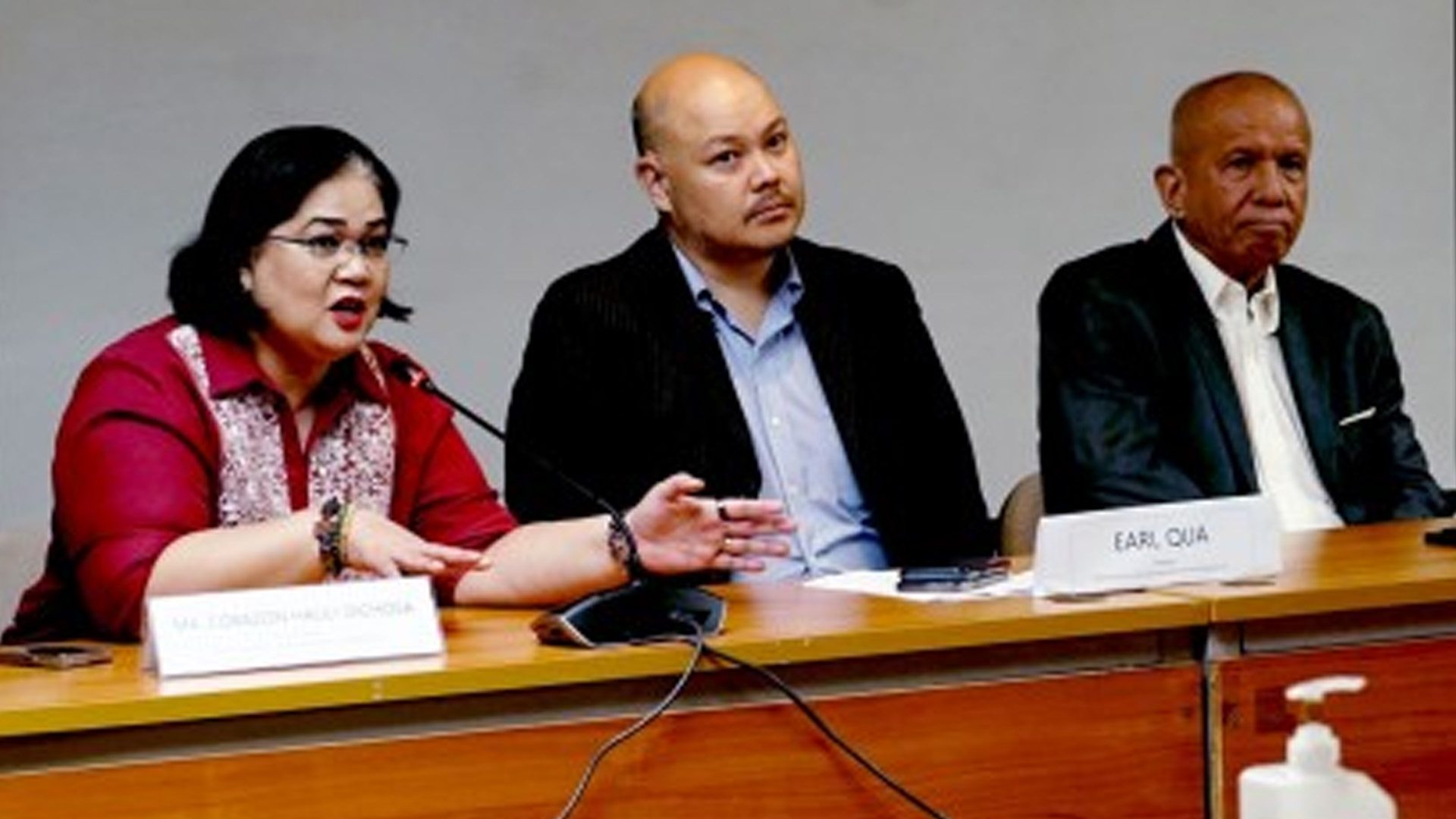Amid the declining number of enrollees in certain engineering courses, stakeholders in the semiconductor and electronics industry have urged young Filipinos to explore career opportunities in this sector.
In a press briefing in Makati City Wednesday, Department of Trade and Industry (DTI) Executive Director Ma. Corazon Dichosa said some tertiary education institutions have observed a declining interest among students to take engineering courses.
Engineers, especially those in electronics and communication engineering (ECE), are fundamental to the semiconductor and electronics industry, which is the country’s biggest export product accounting for more than half of the merchandise export revenues.
“What we’re trying to address also is –looking at the number of graduates we have right now in engineering. One of the findings that we have is there’s actually a decline of enrollees in specific engineering courses,” Dichosa said.
Semiconductors and Electronics Industries in the Philippines Foundation, Inc. (SEIPI) president Dan Lachica said in a separate interview that the country is producing less engineers annually compared to Vietnam, which has 10 times more engineering graduates every year.
Both Dichosa and Lachica said the dwindling interest of Filipino students in taking engineering courses, especially those related to the semiconductor and electronics industry, is partly due to the higher pay grade of other jobs and the complexity of the mathematics, science and technology (MST) courses.
Dichosa said the DTI will continue to partner with the Department of Education and the Commission on Higher Education to address this looming challenge of the semiconductor and electronics industry.
Through the Technical Education and Skills Development Authority, the government will also come up with programs that will upskill and reskill technicians to meet the required skills of the industry.
Department of Science and Technology’s scholarship grants for MST courses will also help those students in need of educational assistance to pursue engineering programs.
Likewise, the DTI is in talks with foreign countries like The Netherlands in boosting the electronic industry’s workforce by sending them to fellowship programs abroad, Dichosa said.
Meanwhile, DTI Undersecretary Ceferino Rodolfo said Filipino students should look into the career opportunities in the upcoming multinational companies in the semiconductor and electronics industry that are setting up their operations in the Philippines.
He said this kind of firms provide a good salary and vast career opportunities. (PNA)







